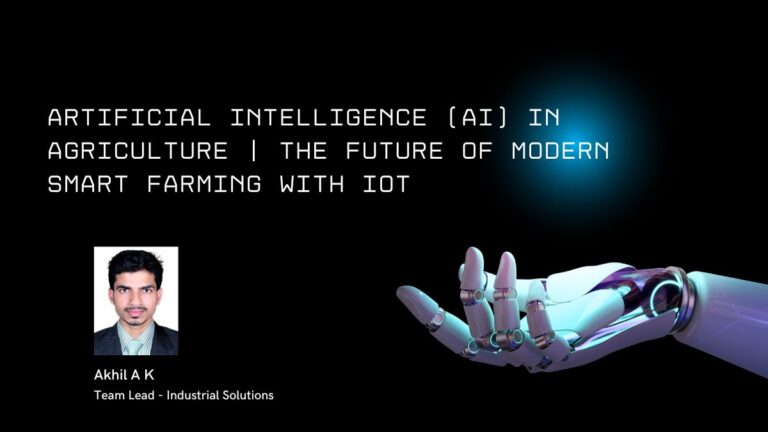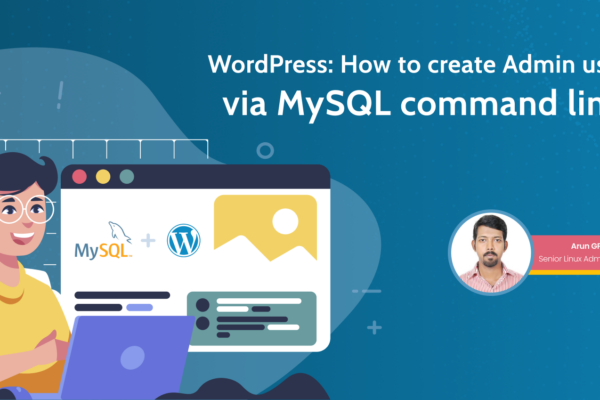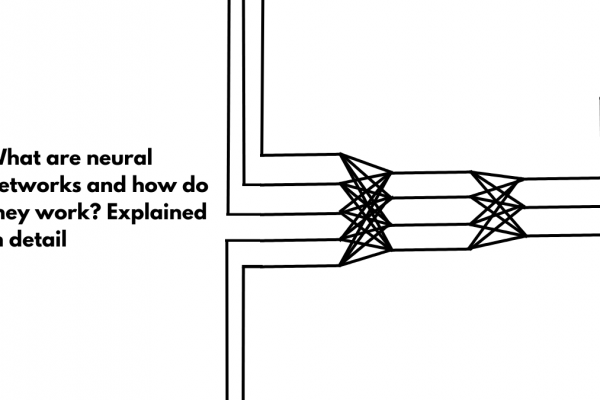Farming is a vital industry that has been around for a long time. It plays a crucial role in feeding people and providing necessary materials. Throughout history, technology has greatly helped improve farming by making it more productive and efficient. The introduction of artificial intelligence (AI) in agriculture has completely transformed the sector. It empowers farmers to make smarter choices and maximize crop yield.
Artificial Intelligence (AI) and the Internet of Things (IoT) have come together in recent years to revolutionize agriculture industries. This powerful combination has opened up new possibilities for modern smart farming. It allows farmers to optimize their operations, increase productivity, and make informed decisions based on real-time data.
Crop monitoring using AI
Crop monitoring incorporates AI-powered sensors, drones, and satellites to observe crop health, soil quality, and moisture levels. This technology offers real-time data to farmers, enabling them to identify potential problems early on. By actively monitoring crop health, farmers can take preventive measures to safeguard their crops and ensure a successful harvest.
AI-based crop monitoring uses high-resolution satellite imagery and aerial photographs to detect variations in vegetation health, soil moisture levels, and other important parameters. By analyzing these images with AI algorithms, farmers can obtain accurate and up-to-date information about their crops.
AI algorithms analyze crop images to identify weeds, pests, or diseases. By comparing images with known patterns, farmers can take action early to prevent crop damage and yield losses.
Precision Farming
Precision farming utilizes AI algorithms to optimize planting, fertilizing, and harvesting based on data analysis of weather patterns, soil quality, and crop growth. By analysing historical weather data and forecasts, farmers can determine the optimal time for planting crops, reducing the risk of adverse weather events. AI algorithms also provide insights into the type and amount of fertilizers needed by analysing soil quality, nutrient levels, and crop requirements.
This precision application ensures that crops receive the right nutrients at the right time, promoting healthy growth and minimizing waste. Additionally, AI aids in determining the ideal timing for harvesting by analysing crop growth, maturity levels, and market demand. By harvesting at the peak stage, farmers can maximize quality and minimize losses. AI-powered precision farming enables informed decision-making on the usage of pesticides and herbicides by analysing data on weather patterns, crop health, and pest presence. This technology optimizes resource utilization, increases crop yields, and promotes sustainable farming practices.
Livestock farming
Livestock monitoring is a revolutionary technology for farmers. AI-powered sensors monitor the health, behavior, and feeding patterns of livestock, helping detect health issues early and optimize feed and water usage. These sensors collect data on body temperature, heart rate, and activity levels, allowing farmers to promptly address illness or distress. Additionally, they track feeding and drinking patterns, reducing wastage by establishing optimal schedules.
By analyzing behavior, such as movement and social interactions, farmers gain insights into animal welfare and make informed decisions on housing and environmental conditions. Waste management is also improved as AI technologies optimize disposal and reduce environmental impact. In dairy farming, sensors monitor milk production and quality, ensuring safety and animal well-being.
AI-powered livestock monitoring empowers farmers to make data-driven decisions for better animal health, efficient resource utilization, and effective farm management.
Crop and Soil Analysis using AI
Crop and soil analysis involves the use of AI algorithms to analyze data from soil samples. This analysis helps determine nutrient levels and provides recommendations for the optimal use of fertilizers. By utilizing this technology, farmers can enhance their crop yields and reduce waste. AI algorithms assess data on soil composition to identify the most suitable types and quantities of fertilizers to apply, ensuring efficient nutrient management and healthier crops.
By analyzing data on salt quality, farmers can make informed decisions regarding crop selection and field management. This knowledge enables them to choose crops that thrive in their specific soil conditions, leading to higher yields and improved sustainability.
Crop Forecasting
Crop forecasting involves the use of AI algorithms to analyze data on weather patterns, soil quality, and crop growth. This analysis helps predict future crop yields, enabling farmers to plan and make informed decisions. By forecasting crop yields, farmers can determine the optimal timing for planting and harvesting crops, ensuring efficient resource allocation and maximizing productivity. This knowledge allows farmers to plan their planting schedules, manage labor and equipment effectively, and choose the right crops based on anticipated yields.
Crop forecasting assists farmers in making informed decisions about field management practices, such as irrigation and fertilization, to optimize crop growth and minimize risks. In summary, AI-powered crop forecasting empowers farmers to make data-driven decisions, aiding in effective crop planning, resource utilization, and sustainable agricultural practices.
Weed and Pest Detection and Control using AI
Weed and pest detection relies on AI-powered cameras and sensors to identify and detect weeds and pests in crops. This technology is beneficial for farmers as it allows them to take prompt corrective action and minimize damage. By detecting and identifying weeds and pests, farmers can intervene early, reducing the need for excessive pesticide use. This not only helps protect the environment but also saves costs.
Moreover, weed and pest detection technology enables farmers to make informed decisions about crop selection and field management. By understanding the types and prevalence of weeds and pests, farmers can choose crops that are more resistant or tolerant to specific threats. They can also
implement targeted strategies, such as crop rotation or integrated pest management, to minimize the impact of weeds and pests.
AI-powered weed and pest detection empowers farmers to address issues promptly, reduce pesticide usage, and make informed decisions for crop selection and field management, resulting in improved sustainability and crop productivity.
Irrigation Management using AI
Farm management uses AI algorithms to analyze data on weather patterns, soil quality, and crop growth. This aims to improve irrigation schedules and minimize water waste. This helps farmers save costs by figuring out the best times to water crops. By looking at weather and soil data, farmers can also decide when and how much to irrigate. In short, this AI-driven farm management helps farmers make better choices, using data to use water efficiently, save money, and irrigate smarter.
Harvesting and pollination using AI
AI-powered robots are used in harvesting to reduce manual labor and improve efficiency. This technology helps farmers save time and money while enhancing harvest quality. These robots also enhance safety by reducing the risk of worker injuries.
In pollination, AI-powered drones imitate bee pollination behavior. These drones, equipped with cameras and sensors, can detect flowers and assist in the pollination process.
The combination of Artificial Intelligence (AI) and the Internet of Things (IoT) is revolutionizing modern agriculture. This technology-driven approach gathers data from sensors, drones, and other sources to make informed decisions about farming practices. AI’s predictive capabilities help optimize planting, irrigation, pest control, and more, leading to increased efficiency and sustainability. This partnership between AI and IoT holds the potential to transform agriculture, ushering in a more productive and sustainable future for farming.




